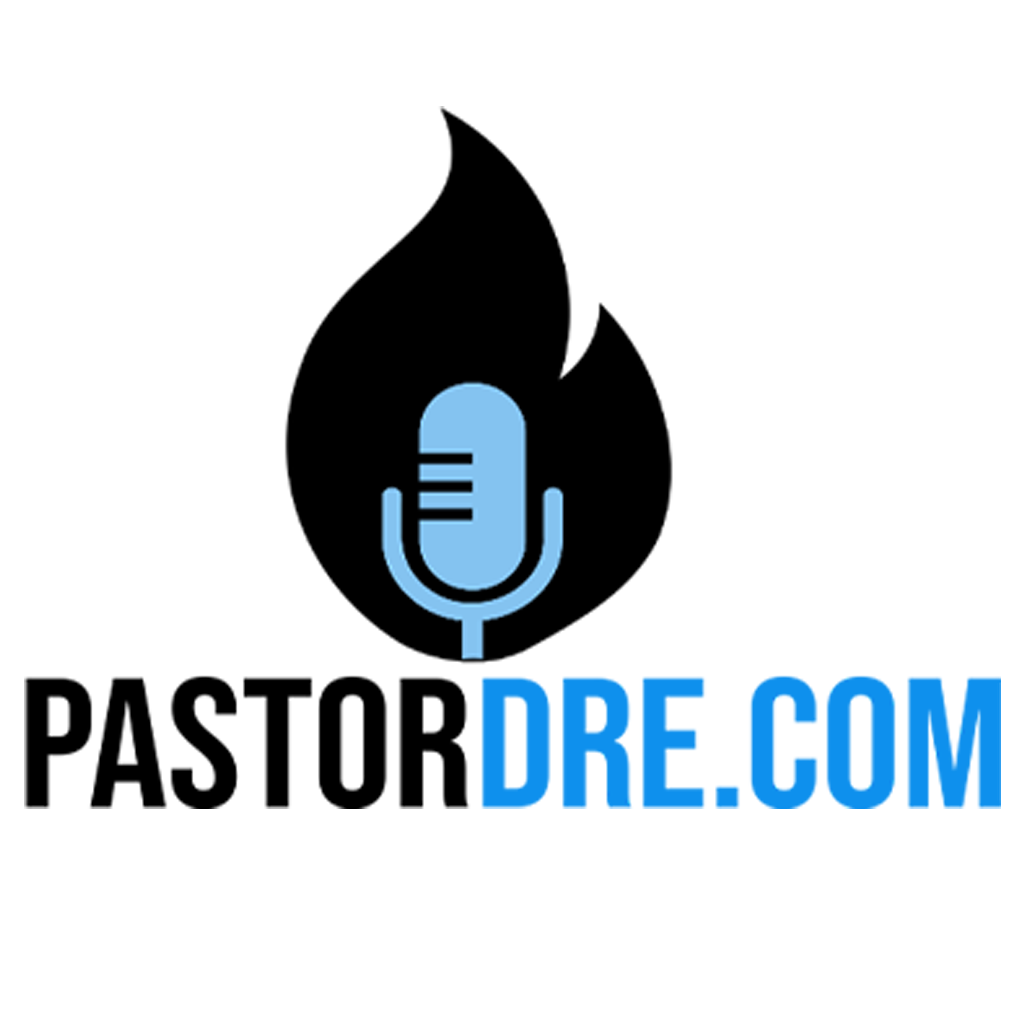Today we are going to talk about two key factors in Search Engine Optimization for churches.
I'm going to kick things off by shedding light on the role of meta titles and descriptions in the world of SEO. Now, these elements might seem like small details, but they pack a punch when it comes to attracting the right audience to your church's website.

Meta titles and descriptions are the first touchpoints for people searching online. They're the snippets that show up in search results, acting as a window into your website's content.
You're going to find out about how a compelling preview can significantly uplift your click-through rates, drawing more potential visitors to your church's digital doorstep.
But this isn't just about getting more clicks; it's also about serving your community by providing clear and accurate information.
When your meta content accurately represents what searchers will find on your page, it builds trust and can help enhance your church's authority and online presence.
In my opinion, understanding and applying Google's Experience, Expertise, Authoritativeness, and Trustworthiness (E-E-A-T) principles is crucial, especially for churches. Your online content should reflect the same values and reliability that you offer in your physical ministry.
So, if you want to make sure that your church stands out online for all the right reasons, keep reading as we delve into crafting meta titles that harmoniously blend creativity with clarity in the next section.
Crafting Meta Titles: Balancing Creativity with Clarity
I'm going to show you the art of writing meta titles that don't just tick SEO boxes but also spark curiosity.
A stellar meta title wears a few hats: it's an attention-grabber, a relevance indicator, and SEO fuel. Think of it as the headline of an ad for your church's web page. It's the first thing people see in search results, so it needs to pack a punch, but also be crystal clear about what they'll find on the other side of the click.
Here's the deal with keywords: they're important, but they've got to fit in smoothly. You want to weave in relevant terms without making it seem forced.
Prioritize readability and the message you're aiming to convey. This isn't just about search rankings; it's also about making a genuine connection with someone who's looking for what your church offers.
In my opinion, a great meta title is like a front door that truly represents what's inside the house. It should embody the essence of your church and what people can expect.
If it's a page about youth programs, highlight that. If it's about service times, make that clear. Remember, misleading titles can harm trust and increase your bounce rate, which isn't good for anyone.
You're going to find out that relevance is king. Align your meta title with the actual content of the page. This builds trust with visitors and with search engines by delivering on your promise.
trustworthy and accurate title is a cornerstone of E-E-A-T, as it showcases your expertise and authoritativeness.
I'll give you some examples to bring this home.
For the homepage, something like ‘Heartfelt Worship and Community – Join Us at [Church Name]' gives a warm welcome. For a donations page, ‘Support Our Mission at [Church Name] – Every Gift Makes a Difference' emphasizes the impact of contributing. Tailoring each title to the page content is key.
Optimizing Meta Descriptions for Enhanced Engagement
Now that you've got a grasp on creating stellar meta titles, let's turn our focus to meta descriptions. These are the snippets that appear under the titles in search results, and they serve as your digital elevator pitch.
Crafting compelling meta descriptions is crucial for creating interest and convincing searchers that your church's page holds the answers to what they're seeking.
A good meta description mirrors the heart of your church. It should resonate with the community you're aiming to reach and be reflective of your church's mission.
Don't be afraid to let your church's unique voice shine through here. This is your chance to show a bit of personality and warmth.
When writing your descriptions, always keep the people you want to reach in the front of your mind. These are real individuals with desires and questions, looking for a spiritual home or resources.
So, make sure your descriptions are directly speaking to their needs and how your church can fulfill them.
Be mindful about the length of your meta descriptions as well. Google typically truncates snippets over 155-160 characters, so it's important to get your message across with these amount of characters. Make every word count, and front-load key information to catch attention right away.
Lastly, don't underestimate the power of a call to action (CTA). An inviting CTA in your meta description can be the difference between someone scrolling past or clicking through to your website.
Phrases like ‘Learn more', ‘Join us this Sunday', or ‘Explore our community' can turn a passive reader into an active visitor.
Remember, your church's digital presence is often the first impression for potential visitors.
By mastering the craft of writing effective meta titles and meta descriptions, you're setting the stage for a stronger online presence and a welcoming digital doorway to your church's community.
If you have any questions, please post them in the comment section or connect with me via our contact us page.
Cheering you on for success!
